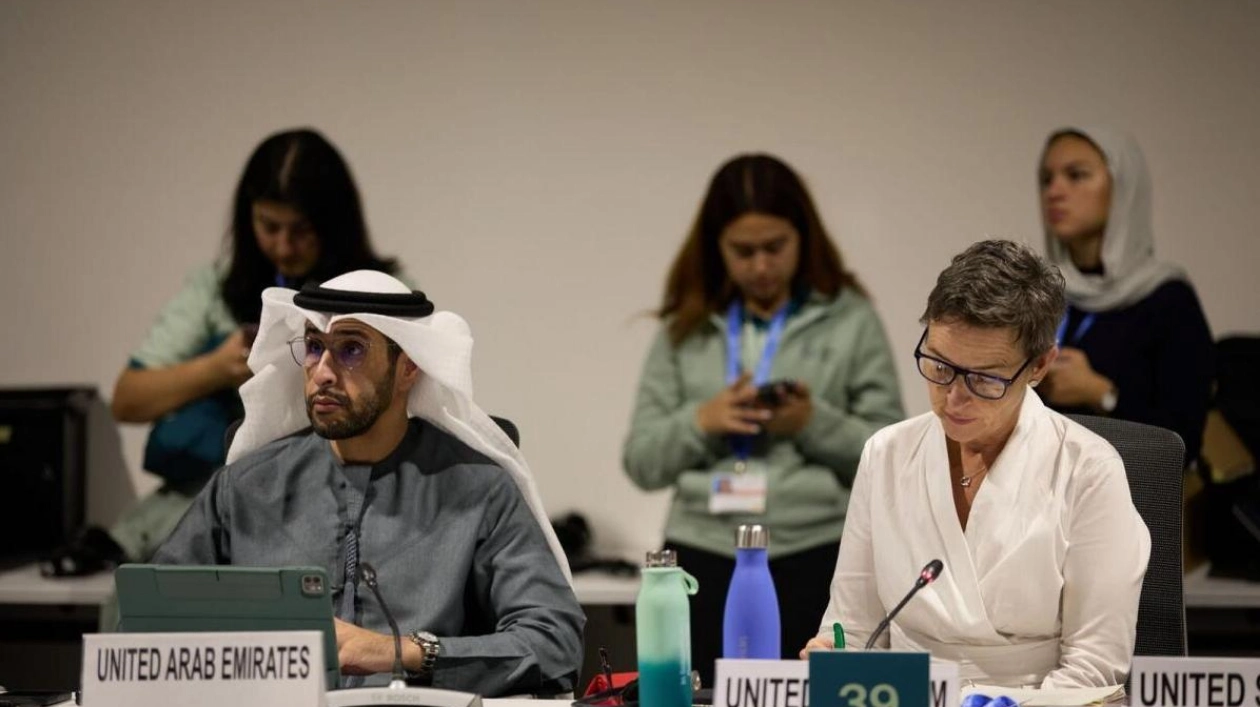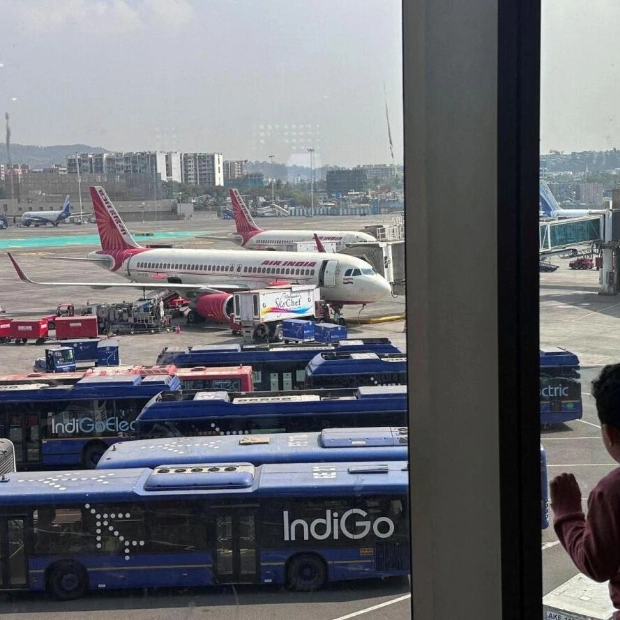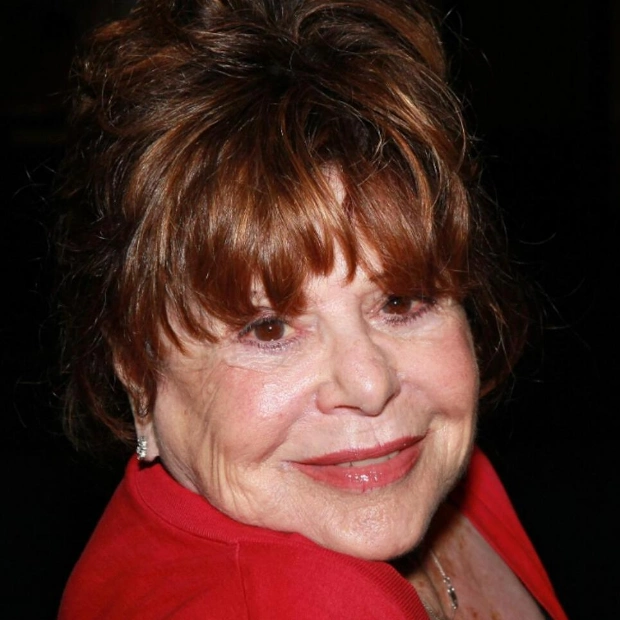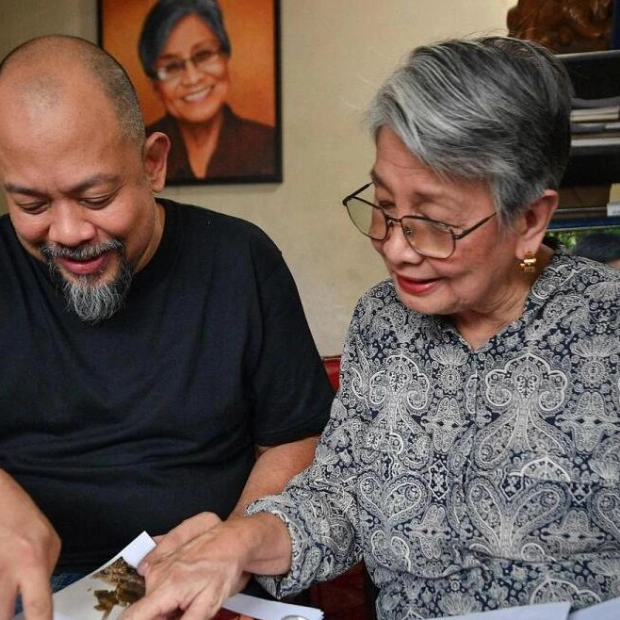Abdulla Balalaa, the Head of the UAE delegation and Assistant Minister of Foreign Affairs for Energy and Sustainability, took part in discussions that underscored the UAE's dedication to promoting water issues on the global stage. — Wam
A revised climate agreement draft presented on Thursday at COP29 in Azerbaijan has yet to resolve the deadlock over financial commitments, with time running out for nations to reach a long-awaited trillion-dollar funding deal. The UN climate summit, scheduled to conclude on Friday, has seen the latest draft only highlight ongoing divisions as countries return to the negotiating table.
"As for the text overall, I'm not going to sugarcoat it — it is clearly unacceptable as it stands now," stated EU climate commissioner Wopke Hoekstra. "I am sure there's not a single ambitious country that thinks this is nearly good enough."
Nearly 200 countries in Baku are expected to agree on a new target to replace the $100 billion annually pledged by wealthy nations to assist poorer ones in combating climate change. Many developing countries are advocating for $1.3 trillion, primarily from government sources, though wealthy nations have resisted such demands and emphasized the role of private funds in achieving any final goal.
The latest draft acknowledges that developing countries require a commitment of at least "USD [X] trillion" per year, omitting the critical exact figure sought in Baku. Ali Mohamed, chair of the African Group of Negotiators, highlighted the absence of a concrete number as the "elephant in the room."
Other significant issues, including who contributes and how the funds are raised and distributed, remain unresolved in the condensed 10-page document. Concerns have also been raised that the commitment to move away from fossil fuels made at last year's COP28 is being overlooked in Baku.
Ireland's climate minister, Eamon Ryan, maintained that discussions on finance were "advancing" in private negotiations. Norway's climate minister offered a more optimistic view, stating, "The deadline isn't here yet."
The draft solidifies the broad and opposing stances of developed and developing countries that have persisted since COP29 commenced over a week ago. Developed countries advocate for all sources of finance, including public funds and private investment, to be counted toward the goal, while developing countries seek the majority of funds from wealthy government budgets in the form of grants or unconditional funding, not loans.
Li Shuo, director of the China climate hub at the Asia Society Policy Institute, noted that the new finance text presents "two extreme ends of the aisle without much in between." Hoekstra emphasized that the European Union still requires clarity on what elements in the deal would contribute to the eventual finance goal.
The EU and the United States, major providers of climate finance, have resisted pressure to specify a figure until the deal's structure becomes clearer. Greenpeace's Jasper Inventor described the absence of a specified number for the climate finance goal as an "insult to the millions of people on the frontlines bearing the brunt of climate change impacts."
Kenyan climate activist Mohamed Adow remarked that developing countries "need a cheque but all we have right now is a blank piece of paper." By 2035, developing countries, excluding China, are projected to require $1.3 trillion annually in external financial aid to reduce emissions and build resilience to climate change.
Joe Thwaites from the Natural Resources Defence Council suggested that Azerbaijan, as the COP29 presidency, would "need to propose an option three that bridges the two." COP29 lead negotiator Yalchin Rafiyev previously stated that the rule of climate negotiations is for everyone to leave "equally unhappy."
Source link: https://www.khaleejtimes.com






